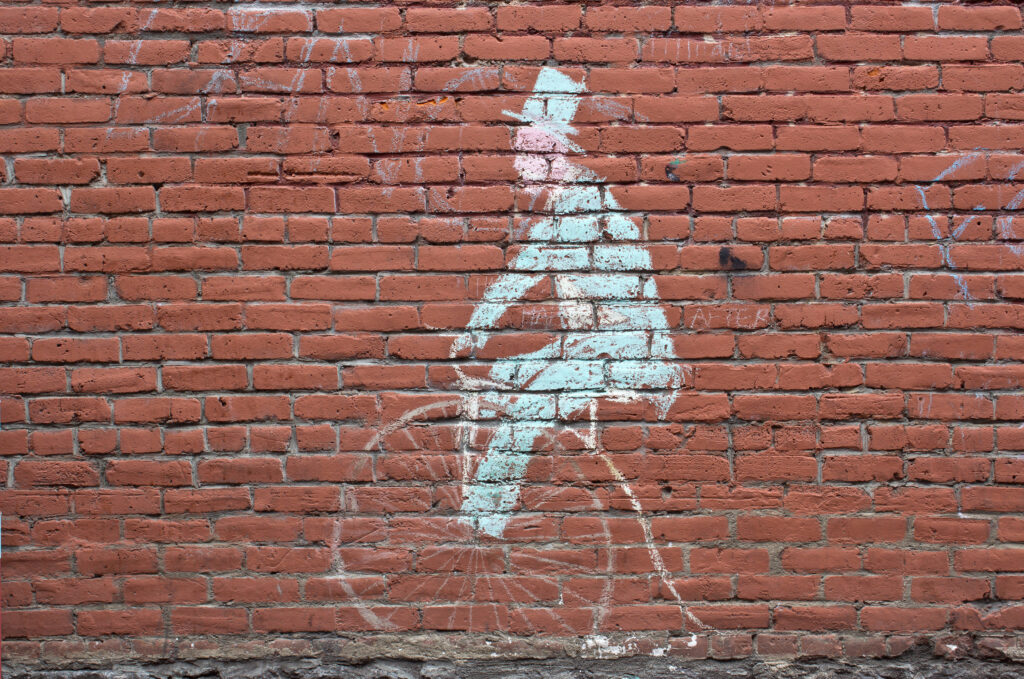Those victorious over substance addictions deserve commendation. Sobriety, however, is a lifelong journey complete with challenges and obstacles. Such issues make relapse a possibility. Fortunately, however, a former dependent’s chances of succumbing to this potential pitfall may diminish with treatment.
Relapse Overview
People experiencing relapse re-commence drug or alcohol use following a period of abstinence. That said, relapse does not mean enjoying one or two drinks every so often. Addiction specialists define the issue as drinking or using drugs heavily over an extended duration.
Moreover, these healthcare professionals maintain that relapse does not simply happen. The process occurs in defined stages typically emerging over weeks or months. Phases are divided into specific categories including:
Emotional Relapse
During this initial stage, relapsing subjects do not yet ingest alcohol or drugs. However, they experience feelings or circumstances capable of inducing use behavior such as negative emotions, stress, and isolation. These events result in greater internal tension capable of encouraging the former dependent to rekindle old habits.
Mental Relapse
When relapse progresses to the mental phase, an afflicted individual’s drug cravings intensify. Such subjects might also frequent persons or places they associate with past usage.
Physical Relapse
In this final phase, former dependents use the substance once again. Typically, ingestion is not gradual and users may even exceed the amounts they once imbibed.
Causes And Risk Factors
Treatment industry professionals stress that relapse is not a character flaw or sign of weakness. Certain underlying factors often precipitate the event and include:
- Stress
- Illness
- Pain
- Personal or familial conflicts
- Low self-esteem
- Financial problems
Other precipitating factors include:
Overconfidence
A percentage of addicts beating addiction develop overconfidence. Such individuals believe that they are stronger than they are and often neglect or feel too prideful to accept help.
Triggers
Treatment professionals define triggers as the individuals, locations, and events capable of reminding recovering dependents of their former life. Moreover, such subjects and vices possess the ability to reintroduce vulnerable people to their past demons.
How Treatment Helps Prevent Relapse?
Researchers conclude that more than 40 percent of individuals attending drug or alcohol treatment make full recoveries. Healthcare providers suggest that treatment increases one’s chances of contributing to this favorable statistic for several critical reasons.
Reputable, accredited rehabilitation programs teach patients relapse prevention techniques covering various important topics including:
Physical Well-Being
Persons in treatment often receive instruction regarding self-care. Patients learn that good health and sobriety maintenance often hinge on other key practices such as consuming a well-balanced diet, staying properly hydrated, obtaining adequate rest, getting enough exercise, establishing relationships with positive and productive people, and engaging in relaxing but mind-stimulating activities.
Major emphasis is also placed on the adoption of stress and anxiety-relieving methods. Efforts like journaling, deep-breathing exercises, and establishing daily affirmations break the tension.
Trigger Identification
Triggers are the emotions, people, and locations capable of creating undue stress or reminding healing souls of their past transgressions. Treatment professionals instruct patients on the identification and documentation of such provocations and develop avoidance methods.
Support System Development
Addiction specialists stress that recovery is a team game in the strongest possible terms. No one, regardless of how mentally or emotionally tough they think they are, can handle the process without some type of help.
Patients in treatment learn to repair broken relationships, force new associations with positive and productive subjects, and join support groups comprised of individuals facing the same circumstances and experiences.
Above all, treatment professionals stress the importance of asking for help. In addition, they eliminate the societal stigmas about weakness and incompetence often associated with requesting assistance in dealing with overwhelming or overly challenging situations.
Steps One Can Take If Relapse Occurs
Recovering addicts must remember that chemical dependency is a lifelong process and not always easy to shake. It is also worth reiterating that relapsing subjects are not terrible people. They only require more help attaining the end goal of sobriety.
Should a relapse occur, the impacted individual should not make any snap decisions. Rather, they are encouraged to meet with medical professionals, addiction specialists, family, and other close associations, carefully assess the underlying factors and make the most appropriate determination.
Reaching Out To Us
Our professional team of addiction professionals invites those needing help to contact us. We boast an impressive record of turning current addicts into former dependents. Call us at 833-497-3812.

